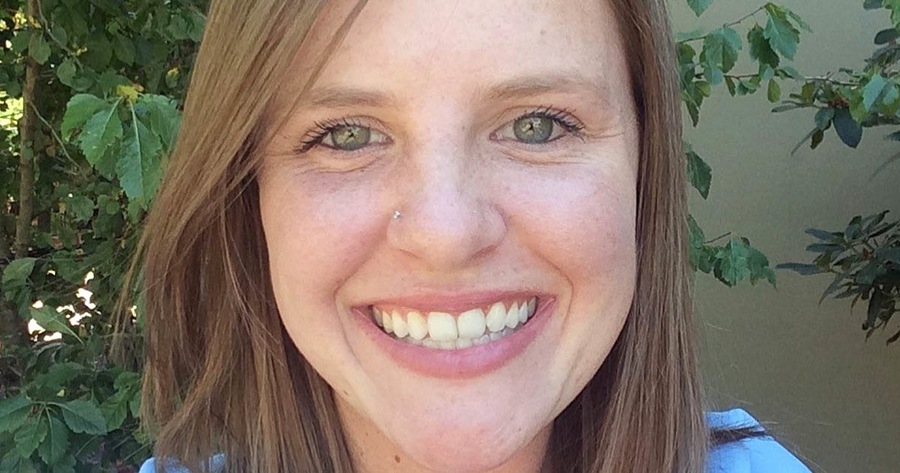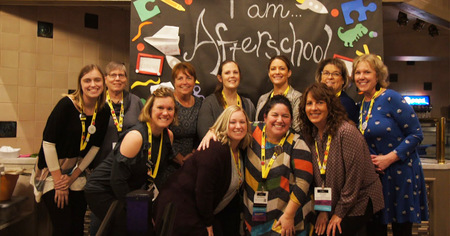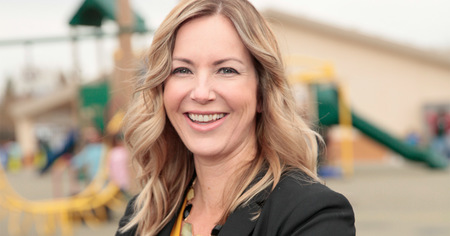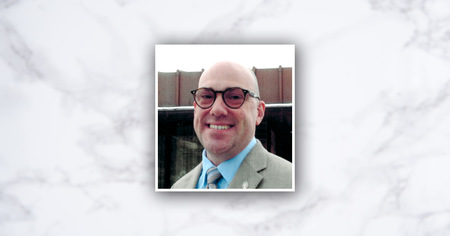During times of tribulation and heartache, we can provide a safe place full of care, opportunities and growth. As we move forward each day, looking to see what youth need to be successful and what steps we can take to offer them that feeling of success and safety will make a huge impact.
Some key components of program quality include building a safe and welcoming environment, carrying out an anti-bias approach, integrating social emotional learning, and using professional development opportunities to prepare staff to foster a quality program. Behind each of these key concepts is one main theme: Young people rely on us to provide a positive and safe place where they can expect consistency amidst the hardships and uncertainties of the world today.
Let's take some time to reflect on the quality of our programs and the impact they have on young people yearning for a safe space in the midst of uncertainty.
ENVIRONMENT
By building a community with cleanliness, structure and intentionality, we can make a positive environment. Youth today live amidst many hardships, but we can provide them a safe place to learn and grow.
Create a clean environment by building opening and closing checklists that outline health and safety protocols. Use the lists daily so that programs are consistently in sanitized and physically safe. Make it a routine to clean up between activities and empower youth to take part in the process.
Set schedules and create routines that help kids—and staff—feel prepared and confident in their abilities, bringing order to the day and awareness of what to expect and when. This is especially important today, when changing distance learning schedules and uncertain political and economic futures can make many of our families feel shaken. Reinforce this foundation with a consistent program arrangement that provides comfort to program participants.
Intentionally guide conversations with open ended questions, individual and whole group discussions to help youth find an inviting community. Listening shows that you care. Welcome them with a name greeting and a smile. Your smile, even behind a mask, is contagious!
ANTI-BIAS APPROACH
The goal behind an anti-bias approach is to combat unconscious bias. This involves more than simply avoiding certain derogatory words or ignoring the differences between young people. It is imperative that to intentionally incorporate anti-bias teaching practices to diminish unconscious bias. Focus on including a wide range of books within your program library which depict a variety of races and cultures, and provide opportunities for "share-outs" from students about personal events, activities or cultural festivities. Have group discussions, providing the opportunity to share amongst one another.
SOCIAL EMOTIONAL LEARNING
Intentionally integrating social emotional learning can help build a positive environment and comfort among kids and staff, making it a place they want to come to, and you want to be. Making time for a few whole group meetings throughout your day will help build consistency, community, relationships. Build the program to fit every participant's needs, incorporating a quiet area, youth-led interest areas and whole group activities. These pieces will help to create structure, consistency, authentic relationships and an engaging program.
CONTINUING PROFESSIONAL DEVELOPMENT
With all the uncertainties of today, youth are more anxious than ever. Our ever-changing world is stressful for adults, as well; youth can sense this stress and uncertainty, which can impact their emotional well-being, social development and academic success.
It is crucial we keep up with professional development as we continue striving to build thriving programs. Take the steps to help build confident and authentic educators. Encourage staff to partake in professional development webinars, read articles, take classes and engage with one another. Take the time to dive into best practices for distance learning, learn about social emotional learning resources expanding the knowledge of mindfulness, having open ended conversations, building relationships and community, and a safe place.
Share ideas with and among staff through emails, group meetings and trainings based on your own learnings. It truly helps to work together as a team and gain resources from other team members. Having weekly meetings to shout out needs, concerns, highs of the week and great ideas allows staff to learn from one another and provide useful tips and tricks.
Afterschool educators play an essential role in children's lives. We have the opportunity to leave a bigger impact than ever before. The more knowledge we gain, the more we can grow and build quality programs. When we invest in ourselves, we can have impact for generations to come.
Stephanie Balke is a Field Coach and Site Director for Champions in Portland, Oregon. Balke is also an NAA Executive member and a 2021 NAA Next Generation of Afterschool Leaders Honoree.
Photo courtesy of Stephanie Balke.




